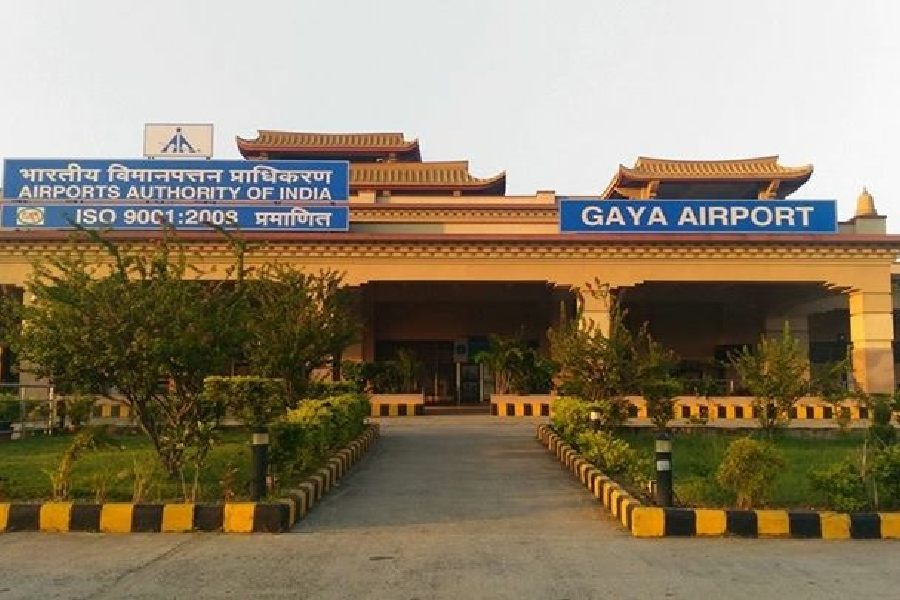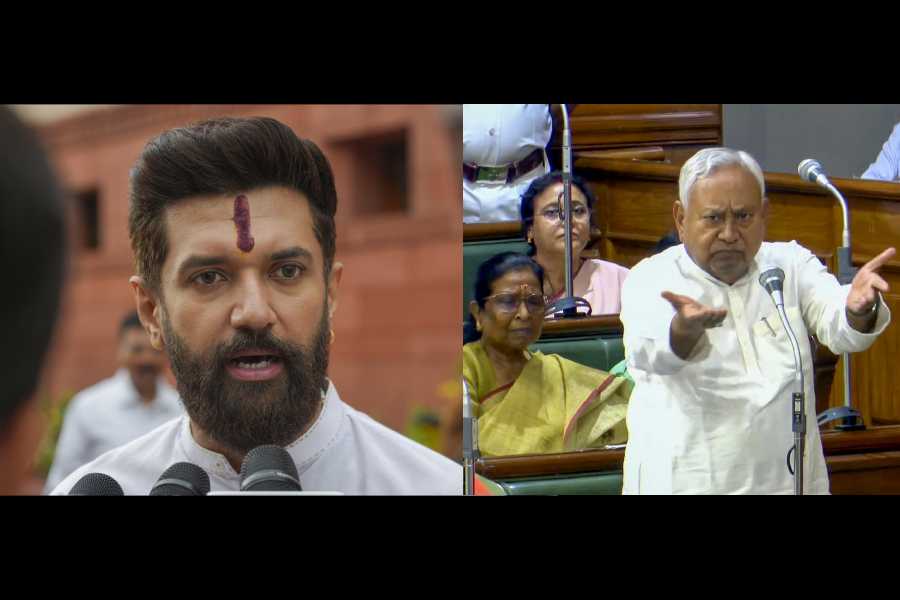A Bharatiya Janata Party member in the Rajya Sabha has called the use of 'GAY' as the IATA identifier code for Gaya International Airport in Bihar, culturally inappropriate for the holy city.
BJP MP Bhim Singh sought a written response from the civil aviation ministry regarding whether the government intends to change the code to a "more respectful and culturally appropriate" alternative.
According to Singh, residents of Gaya are uncomfortable with the current code.
Responding to the query, civil aviation minister Murlidhar Mohol stated that airport codes, once assigned, are considered permanent and are altered only under exceptional circumstances, typically involving air safety concerns.
The minister explained that three-letter airport codes, also known as IATA location identifiers, are assigned by the International Air Transport Association to facilitate identification of airports across various travel-related systems and processes.
These codes are generally assigned using the first three letters of the location’s name where the airport is situated.
“Requests for changing the code of Gaya have been received in the past by the Ministry of Civil Aviation and Airports Authority of India,” Mohol stated in his written reply.
He further added that Air India had approached IATA seeking a change of the existing airport code.
This is not the first time the issue has been raised. In 2022, the Parliamentary Committee on Public Undertakings proposed changing the code from GAY to YAG, alleging that the existing codename was indecent.
The Centre had responded at the time that IATA did not accept the proposal.
The matter sparked wider public debate then, with social activists also weighing in. They argued that the demand to change the code indicated that the government and its representatives were against homosexuality.











